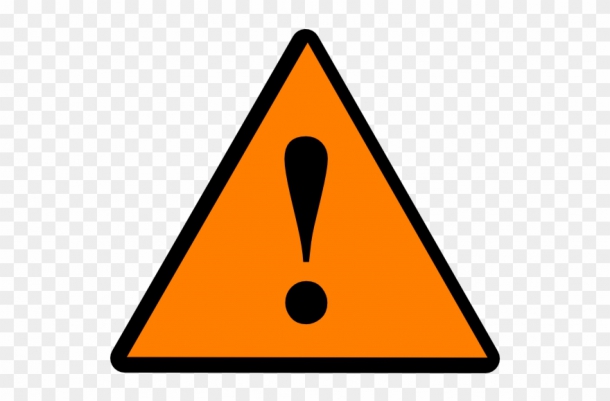LATVIA declares a state of emergency due to COVID-19

Latvian Prime Minister Krišjānis Kariņš on March 12 announced new measures designed to contain the spread of the COVID-19 virus within Latvia's borders following the World Health Organization's declaration of a global pandemic.
Speaking to reporters after meetings of the cabinet and the Crisis Management Council, Kariņš announced that in order to limit the spread of the virus, a state of emergency was being declared so that educational institutions can be closed in Latvia from March 13 and large public gatherings of more than 200 people will be banned. Smaller gatherings should be cancelled or postponed if at all possible, Kariņš urged.
Teaching will continue after next week's holidays by means of distance learning, though no details of how this will work were given. Other government and public agencies will also use remote methods of communication rather than face-to-face interviews wherever possible.
The measures will stay in place until April 14, at which point they will be reviewed.
In addition, the prime minister urged the public not to travel outside the country's borders while admitting that even if everyone complied with the request, the nature of a pandemic is that coronavirus would still pose a threat.
"Even if we could in theory close our borders we could not ensure total security," Kariņš said, explaining that the priority must be to "Identify and isolate every single case", even though there would inevitably also be economic consequences to such wide-ranging measures. There would be "European level" measures to mitigate the potential economic damage, he said.
The principle of "maximum social distancing" should be applied, on the basis that if personal contact is limited, then the spread of the virus will also be limited, he said. However, he was careful to say that while globally the situation could be described as a crisis, in Latvia it was not yet a crisis.
Health Minister Ilze Viņķele repeated advice about the need for frequent washing of hands and avoiding greetings involving physical contact such as handshakes, and appealed to the public to adopt a responsible attitude.
The full emergency statement is attached to this story (in Latvian).
Persons in need of consular assistance can call the Consular Department on the emergency number: +371 26 33 77 11 or email palidziba@mfa.gov.lv. Shortly afterwards the Ministry of Foreign Affairs said: "Taking into account the COVID-19 pandemic, the Ministry of Foreign Affairs advises against travelling outside Latvia, except in special circumstances such as an emergency, and when a person must travel to return to their country of residence."
A similar message of the gravity of the situation was delivered in Estonia where the Riigikogu (parliament) was given a briefing by Prime Minister Jüri Ratas.
“Taking into account the global epidemiological situation and the spread of coronavirus in Europe, the increasing threats to the Estonian economy, the difficulties of the supply chains in the business sector, the domestic and foreign policy challenges and the need for a more efficient management structure for various state authorities, in my opinion, it can be clearly said that we have reached an emergency. However, we will overcome it as a society and with everyone’s contribution,” Ratas said.
Source: eng.lsm.lv